Announcing the 2023 Brazil Early Childhood Reporting Fellows
The Dart Center has announced the recipients of the 2023 Brazil Early Childhood Reporting Fellowship. The fellows will report stories across Brazil to illuminate the effects of inequality on young children’s growth and development, and the well-being of their caregivers. Learn more about the 15 fellows and their projects below.
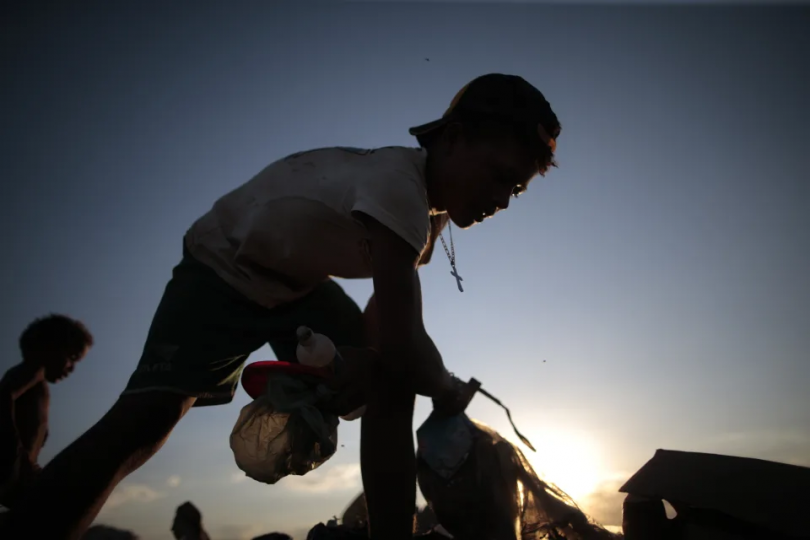
To read this in Portuguese, click here.
The Dart Center for Journalism and Trauma has announced the recipients of its 2023 Brazil Early Childhood Reporting Fellowship. The program will support 15 Brazilian journalists undertaking projects at the intersection of young children and inequality in health, education, housing, food security and social and emotional well being, as well as the effects on caregivers.
Fellows will report stories on lack of sanitation and its effects on children in the Brazilian Amazon, on children who are orphaned due to violence, on the effects of pesticide use and the effects of abandonment on young children living in institutions.
“At Maria Cecilia Souto Vidigal Foundation we believe that a press which is sensitive to the topic of early childhood is an indispensable actor in the social change we want to see. The good work of the media presents and clarifies urgent agendas and mobilizes different groups in society. On top of the usual challenges are the multiple consequences of three years of pandemic, which has been detrimental to children ages 0 and six years old in socially vulnerable situations. Our role is to help the gears to turn, with information and training that foster deeper understanding. We want this initiative to be an opportunity for learning, intellectual exchange and interaction between journalists,” said Mariana Montoro Jens, Communication and Government Relations Director at Maria Cecilia Souto Vidigal Foundation
"Around the world, this is a difficult time for young children and their caregivers. Escalating adversity in early childhood — whether from war, civil conflict, economic inequality, violence, the pandemic or environmental disasters all have a lifelong impact. The extraordinary journalists chosen for the Dart Center’s Brazil Early Childhood Reporting Fellowship are deeply committed to illuminating these critical issues, drawing on evidence-based science and policy to and produce reporting that makes a difference in their country and region," said Bruce Shapiro, the Dart Center’s executive director.
The Fellowship, which runs from May through November, is led by veteran journalist Fábio Takahashi in collaboration with Mariana Kotscho, Daniela Tófoli and Paula Perim.
Fellows will receive a stipend of $1,500 USD as well as coaching and mentorship by senior journalists. Fellows will attend monthly webinars with Brazilian and international experts in the fields of science, education, public health and journalism.
This Fellowship is part of the Early Childhood Journalism Initiative, a multi-year Dart Center training program to improve news coverage of early childhood development around the world. The Fellowship has been made possible by generous grants from the Bernard van Leer Foundation (Netherlands), the Maria Cecilia Souto Vidigal Foundation (Brazil), and The Two Lilies Fund (United States).
Below are the 15 fellows and brief descriptions of their projects, alongside introductions to the faculty:
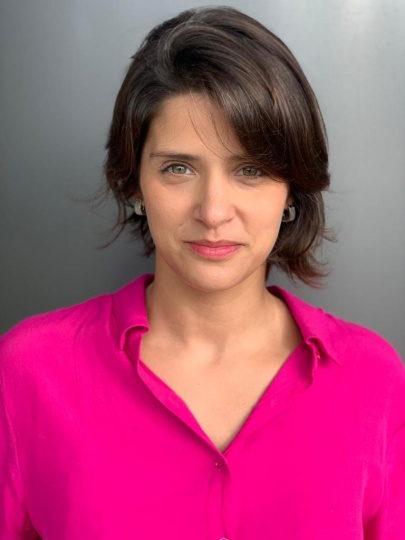
Project: “Playing as a tool for learning and building the subject” will be a special report for TV that aims to present playing as a right, presenting arguments from several specialists in the subject that support the importance of playing in the formation of citizenship. And, of course, present what is missing and what already exists.
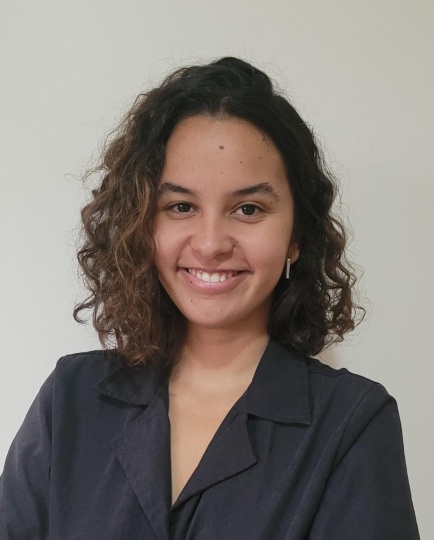
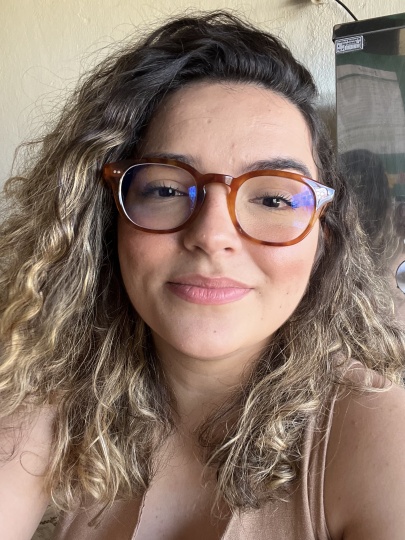
Project: This project will be a report and mini-documentary on early childhood exposure to pesticides. The investigation will be carried out in Limoeiro do Norte, a city in Ceará with a high risk index due to poisons and where cases of malformation of babies are 75% more common than in the rest of Brazil.
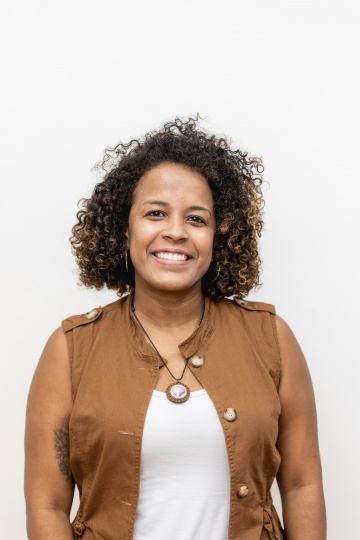
Project: This project will investigate the harm caused by eating sururu in the development of children aged 0 to 6 years. The mollusk, considered Intangible Heritage of Alagoas, is taken from Mundaú Lake, a place with a high rate of mercury contamination in Maceió.
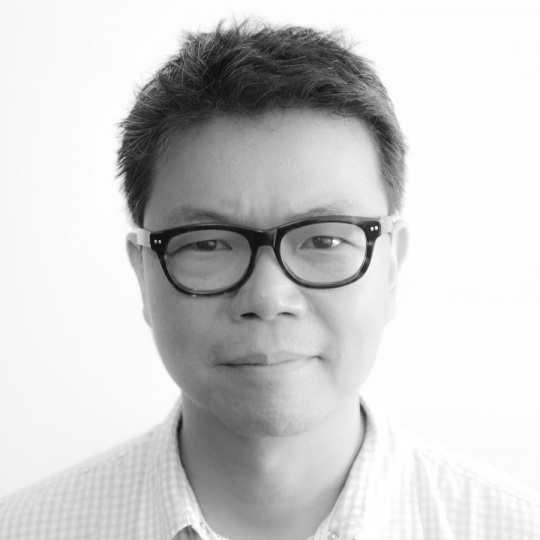
Project: This documentary miniseries will listen to children, whether through words or what is not said. Questions such as “what do you think of adults?”, “what is your biggest fear”, “what if you didn't remember things?” will be worked on in testimonials and intergenerational dialogues.
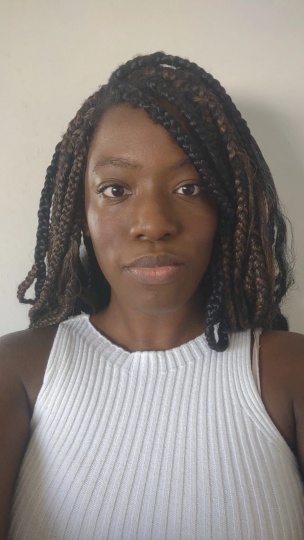
Project: This project is an X-ray of street children in all Brazilian capitals and the Federal District, with the most up-to-date data available for all 27 chosen cities
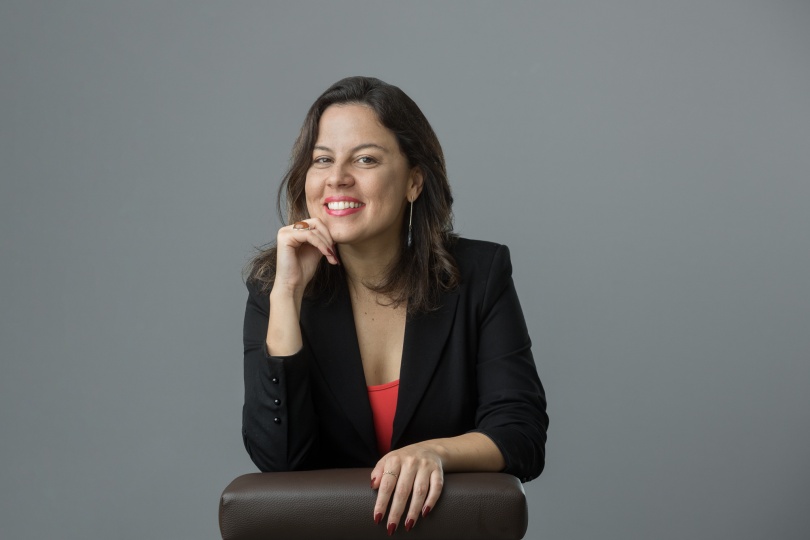
Project: This multimedia report will show inspiring cases on how neuroscience in Brazil is "restoring" circuits in the brains of children who did not have the right conditions at the beginning of life, giving them back the chance to learn, fulfill dreams in adult life and break cycles of poverty.
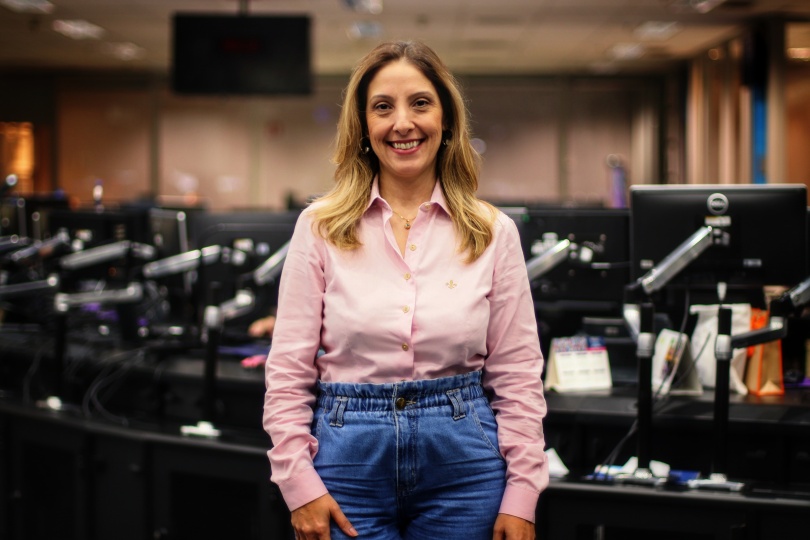
Project: This project will show the consequences of early childhood abandonment. She will speak with doctors, psychologists and social workers the physical and mental health issues of children and adolescents who live in shelters in São Paulo. And show how abandonment, lack of love and basic care can reflect on the development of children and last into adulthood. She will also show how the judiciary system and society can work together to provide more shelter to sheltered minors.
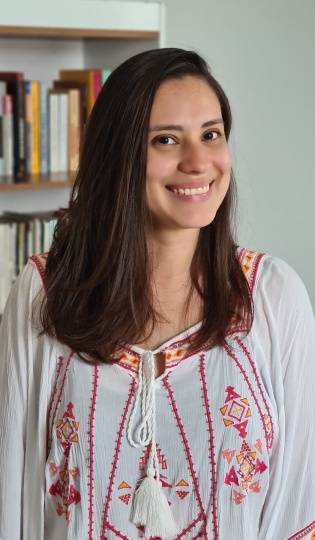
Project: This project is a series of reports that will show the effects of the worst basic sanitation rates in the Amazon for the future of children living in the region, pointing out the direct impacts on health, school, cognitive and emotional development during early childhood.
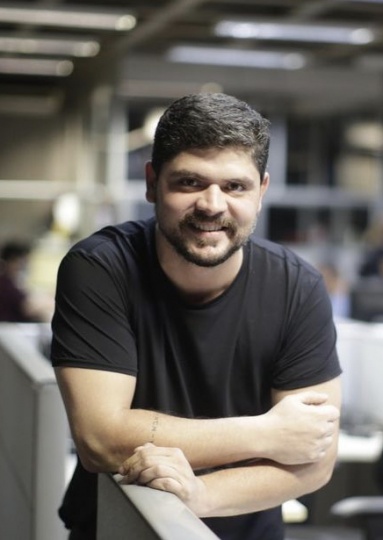
Project: This project will be a series of stories about the numbers and reports of the challenges of prenatal care coverage with mothers in Amazonian communities, especially in riverine locations, presenting the rates and consequences when this type of care is not provided. Through solution journalism, the series will detail the initiatives and responses to the theme, considering the logistical difficulties of the region.
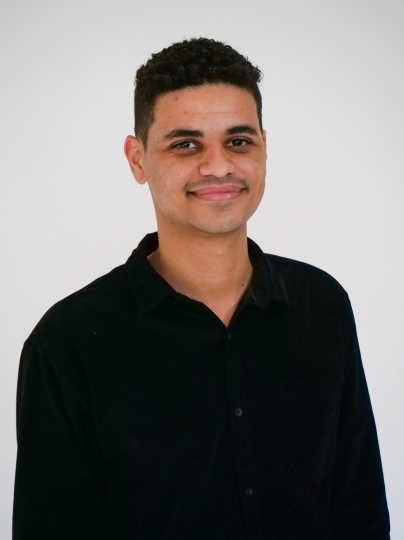
Project: The podcast De 0 a 5 presents, in its second season, the way in which digital technologies – already present in the daily lives of most children – are inserted in their learning universe. The episodes will address the use of technology in and outside schools, how teachers prepare for this use and how some of these issues are crossed by different social markers.
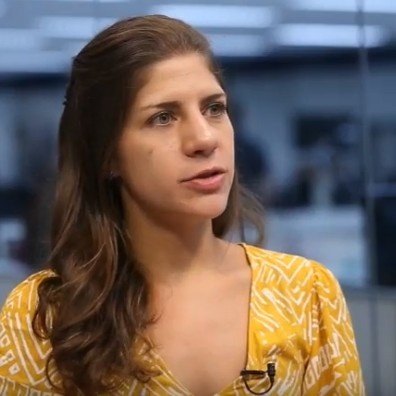
Project: The series will be divided by rights that children are not guaranteed by climate risks.
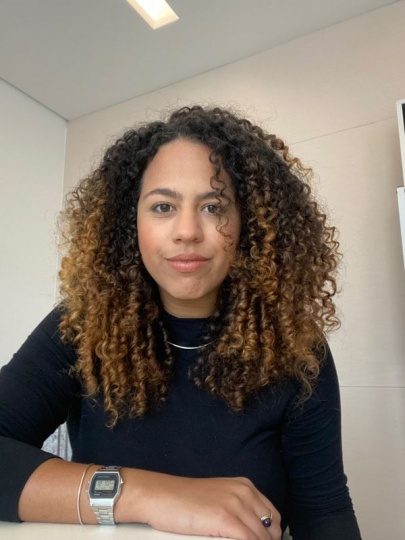
Project: This project will be a series of reports about orphans of lethal violence and how the high Brazilian rates of femicides, homicides, murders and deaths resulting from police intervention leave a generation of babies and children without a father or mother.
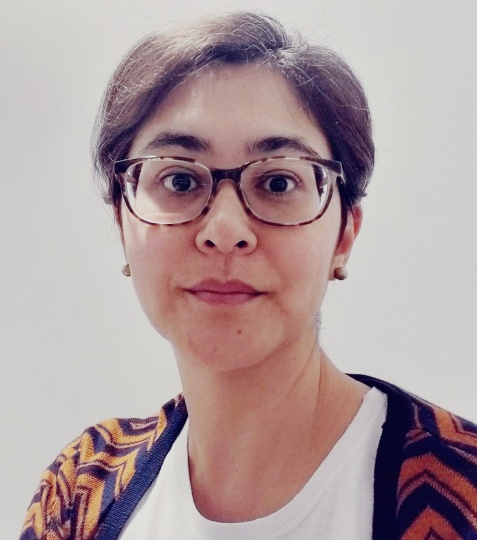
Project: With contemporary urban life, motherhood has become even more a solo function. How does the social and gender inequality experienced by mothers, who are still primarily responsible for caring for their children, have an impact on promoting a more dignified and healthy childhood? The purpose of this multimedia report is to try to answer this question from the stories of those who live this reality.
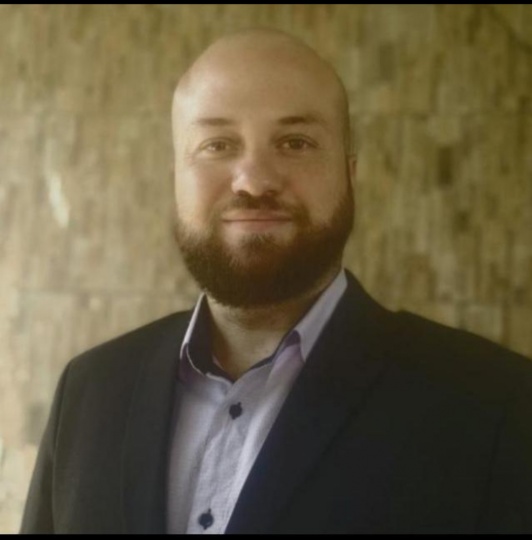
Project: This project will investigate which countries have already identified the importance of early childhood as a priority target of public policy for long-term social and economic development, seeking to understand where and how Brazil is positioned in this context.
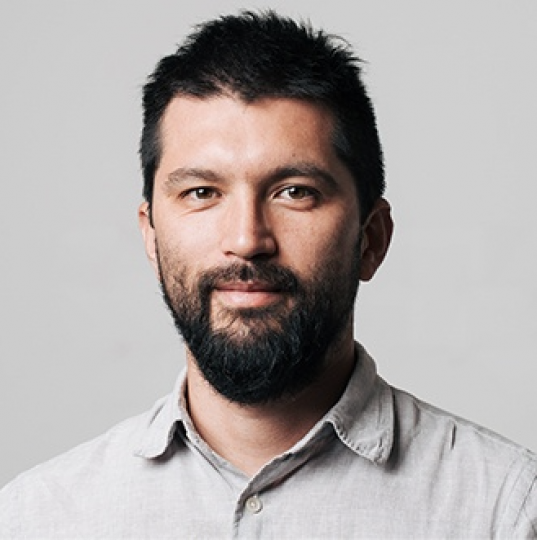
He is also the founder and current president of Jeduca (the first association for education reporters in Brazil, the Education Reporters Association), which was launched in 2016. In 2013, he was the first journalist to attend the Executive Leadership Program in Early Childhood Development, a short course at Harvard University. Currently he works as a PR content manager at Loft.
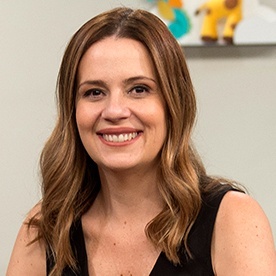
She is the winner of the Vladimir Herzog Award for coverage of human rights issues for Globonews and a volunteer consultant at the Instituto Maria da Penha.
Kotscho created the program "Papo de Mãe," which covers topics related to education, behavior and child health. After 12 years on TV, Papo de Mãe is now UOL's partner website. On TV Globo (Bem Estar), Mariana Kotscho is a commentator on family relations and violence against women. She is the mother of three teenagers: Laura, Isabel and André.
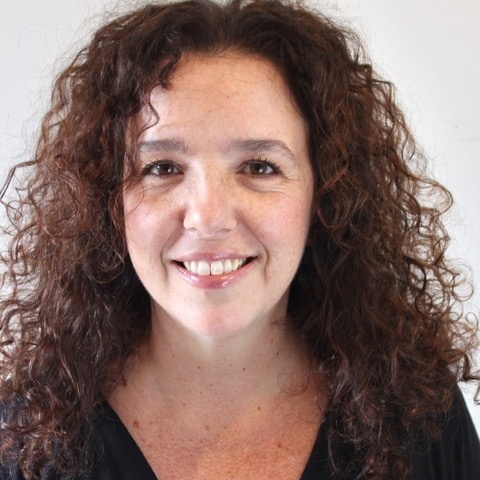
From 2017 to 2021, Paula worked as Communication and Awareness Director at Maria Cecilia Souto Vidigal Foundation, one of the most important organizations focused on Early Childhood in Brazil. Before that, Paula worked for 17 years at Editora Globo as editor-in-chief at Crescer (focused on parenting) and later became the publisher of a group of magazines: Casa e Jardim (decorating and gardening), Casa e Comida (cooking), Galileu (science and youth behavior), in addition to Crescer. She is the author of the book "101 ideas to enjoy with your child - before he/she turns 10" and editorial director of the books: "Babies of Brazil - A portrait of Brazil in photos and stories of 27 children" (partnership with UNICEF) and "Crescer por um mundo melhor” (“Growing up for a better world”). Paula began her career working as a producer at MTV-Brasil. She is the proud mother of Júlia and Beatriz.
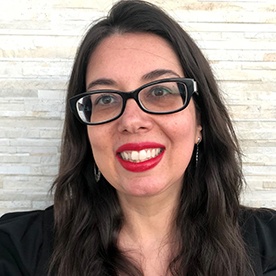
She has been an invited speaker on the subjects of maternity for fathers, as well as mothers and businesses. She is a weekly columnist for Rádio CBN and author of the blog “Mãe de Tween,” about pre-teens, on the website of the newspaper O Globo. She is author of the book "Pré-Adolescente: Um Guia Para Entender Seu Filho” (“Pre-adolescent: A Guide to Understanding Your Child”). Tófoli is a graduate of the faculty of communication at Casper Libero College, a private university in São Paulo, and completed a magazine publishing course at Yale University. She is also the mother of 12-year-old Helena.
This Fellowship program is part of “The Early Childhood Journalism Initiative,” a multi-year Dart Center training program to improve news coverage of early childhood development around the world. This initiative has been underwritten by the Maria Cecilia Souto Vidigal Foundation (Brazil), the Bernard van Leer Foundation (Netherlands) and The Two Lilies Fund (United States).
































































































